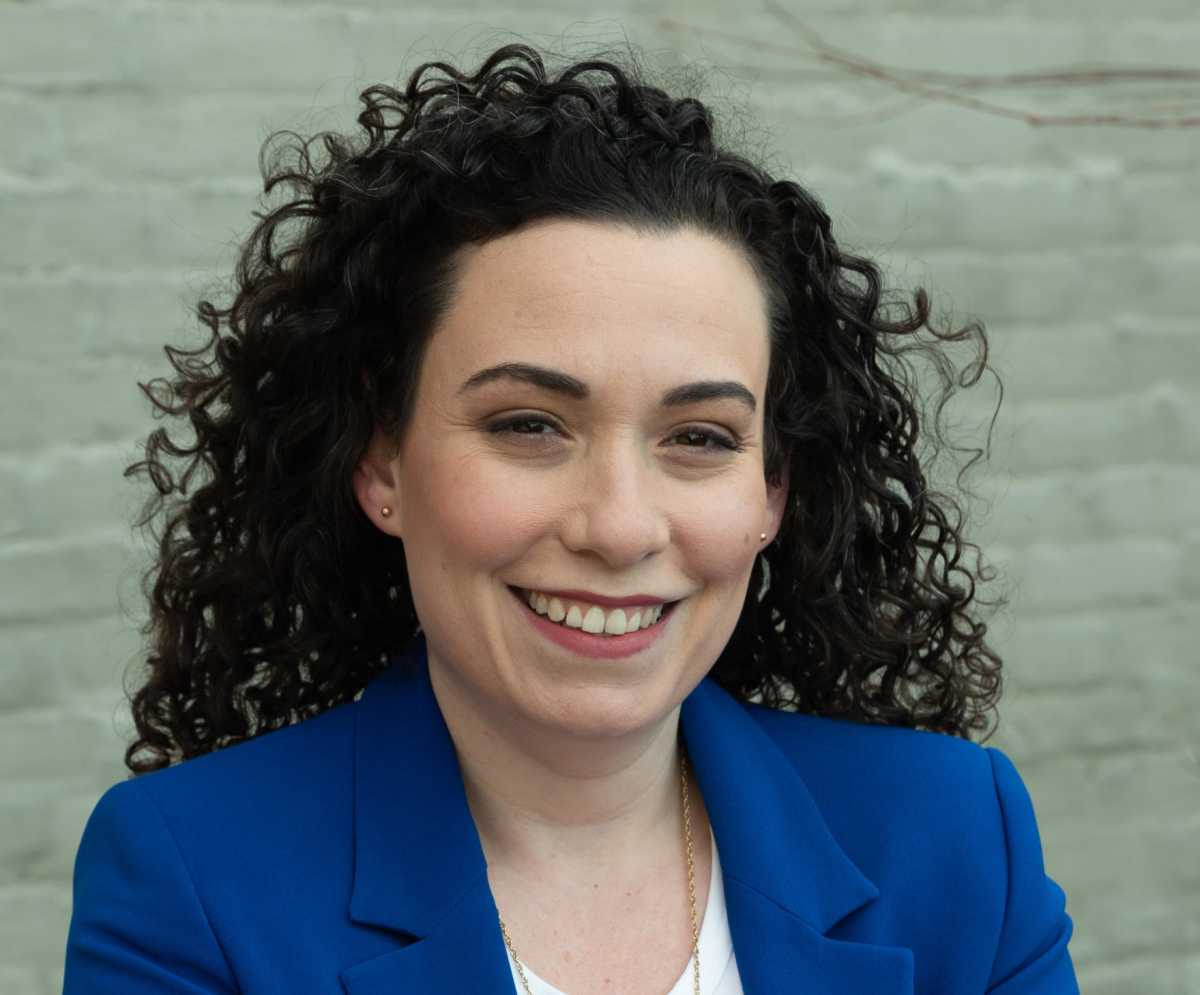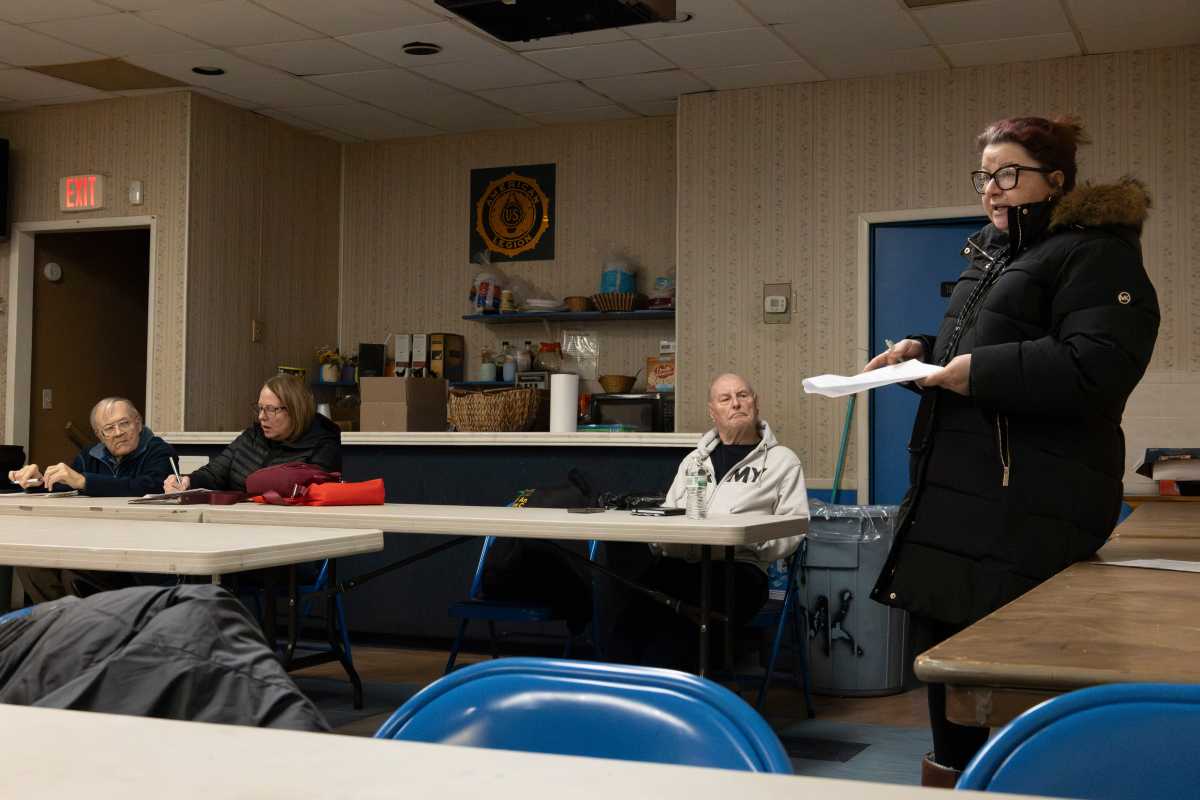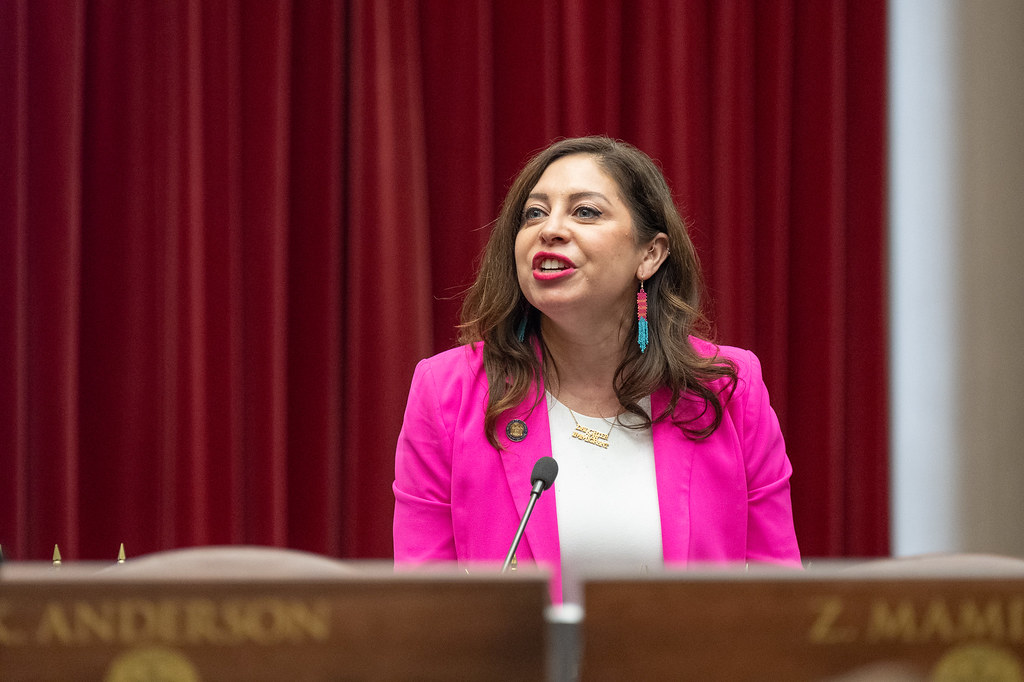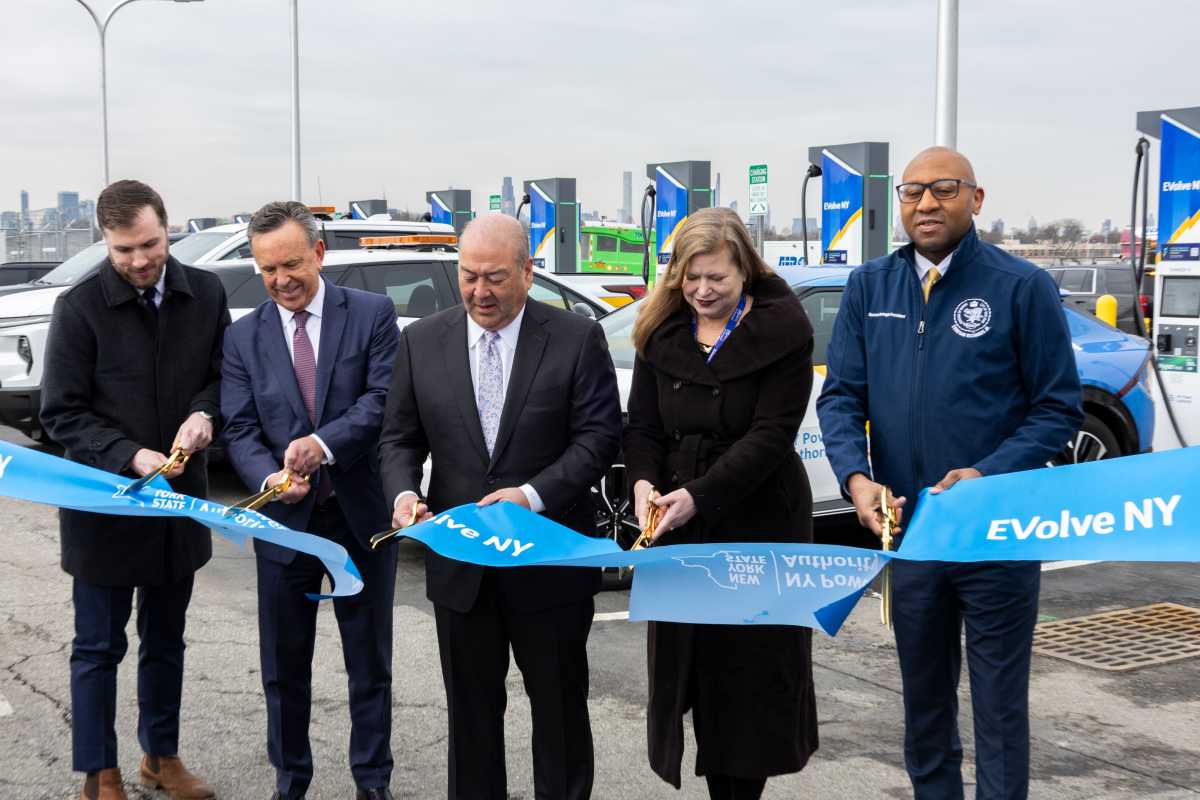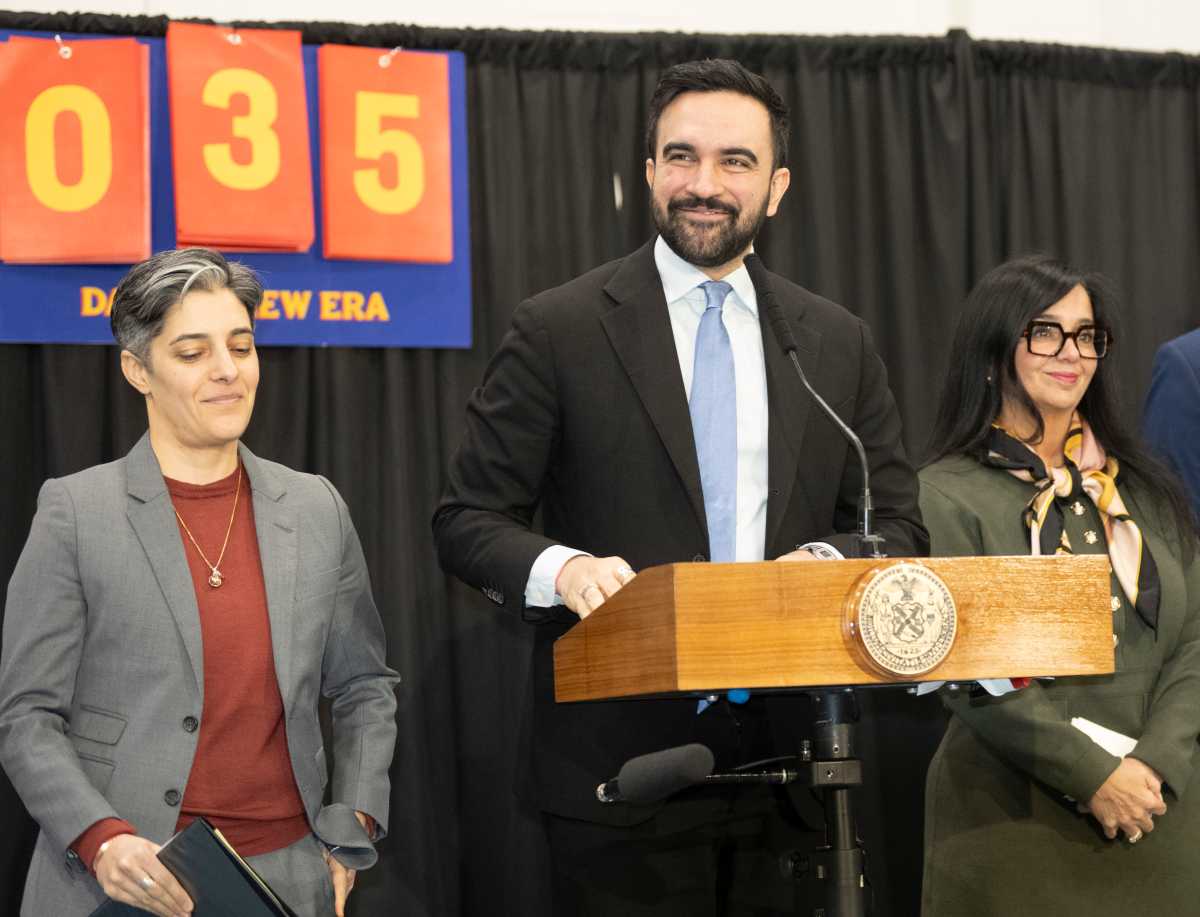Close your eyes. Take a deep breath. And for a moment, picture something with me. Imagine, if you can, protected bike lanes through Western Queens and over the Queensboro Bridge. Traffic laws followed and violators ticketed without police interventions. A bus route connecting housing, work, and entertainment opportunities between Astoria and Downtown Brooklyn. And this last one might take some work, but if you reach back deep, you might even be able to conceive of a New York City subway with a functioning, regularly upgraded signal system that allows for trains to consistently run on time.
If we all open our eyes together, this kind of future is attainable. A comprehensive plan to reimagine New York City’s transportation systems will provide a necessary boost to our safety, our quality of life, our economy, and the long-term health of our environment, and that is exactly what I will fight for as your city council representative.
I’m proud to have co-authored an op-ed last fall calling for a pedestrian path on the Queensboro Bridge, and excited that Mayor Bill de Blasio heeded that call earlier this year, beginning the process to give people walking and biking their own space to safely travel between boroughs. But until we make bike paths throughout our district truly protected, this project is only the start of the battle.
We can make our streets safer for people walking, biking and driving by upscaling the Reckless Driver Accountability Act. Past iterations, while helpful, have tried to identify a limited, ideal number of the most unsafe drivers and tailor its reach to meet that number. We need to pass a new and improved version that ensures repeat offenders endangering our community lose the privilege of driving in New York City.
We can do that more efficiently, effectively, and equitably by automating ticketing and moving it from the NYPD to the Department of Transportation (DOT). This will create good union jobs in the DOT, reduce the bloated police budget, and put an end to a system that has time and time again provided worse outcomes for BIPOC.
The next step towards building a better, more equitable transit system will come with a new version of the MTA’s proposed bus network redesign, this time led by our communities. Our bus routes, like so much of our infrastructure, are based on completely outdated concepts of our city. The potential for a thorough redesign has been put on hold due to the pandemic, but the struggles our commuters face have not. I will make it a priority in office to get this redesign in motion and make bus travel more reliable.
And of course, there are the subways. We must restore 24-hour service to help our essential workers. We must stop spending $249 million to prevent $200 million in fare evasion, both as a matter of simple economics and of racial justice. And, as I’ve said before, we must actually invest in the infrastructure that developers are touting to make their own millions.
While there’s no price too high for the long-term safety of our communities, the costs of these programs is absolutely within our reach. Our current federal administration is willing to spend money on infrastructure and transit, and I will fight for every cent we can get from them. We can also support our city coffers and increase transit safety by ending the Stipulated Fines Program that allows reckless corporations to pay discounted fines (as low as $0 in many cases) while blocking bike lanes and roadways.
With a little bit of work, all of these proposals are achievable. What’s more, they benefit everyone in our community, from the family going for a safer bike ride, to the delivery driver dealing with fewer reckless motorists, to the subway commuter knowing exactly how long it will take to get home from work (hey, a girl can dream!).
That is what I will fight for if you elect me to represent District 26 in the City Council: a transportation system that works for all of us.
Julia Forman is a candidate in New York City Council District 26
Editor’s Note: It is the policy of PoliticsNY to post all op-eds it receives with the exception of blatantly hateful and derogatory op-eds along with some exceptions during election times. In this case, we will take up to two op-eds per candidate until May 10. We will not post op-eds from supporters of candidates. The op-eds do not reflect the views of PoliticsNY.


